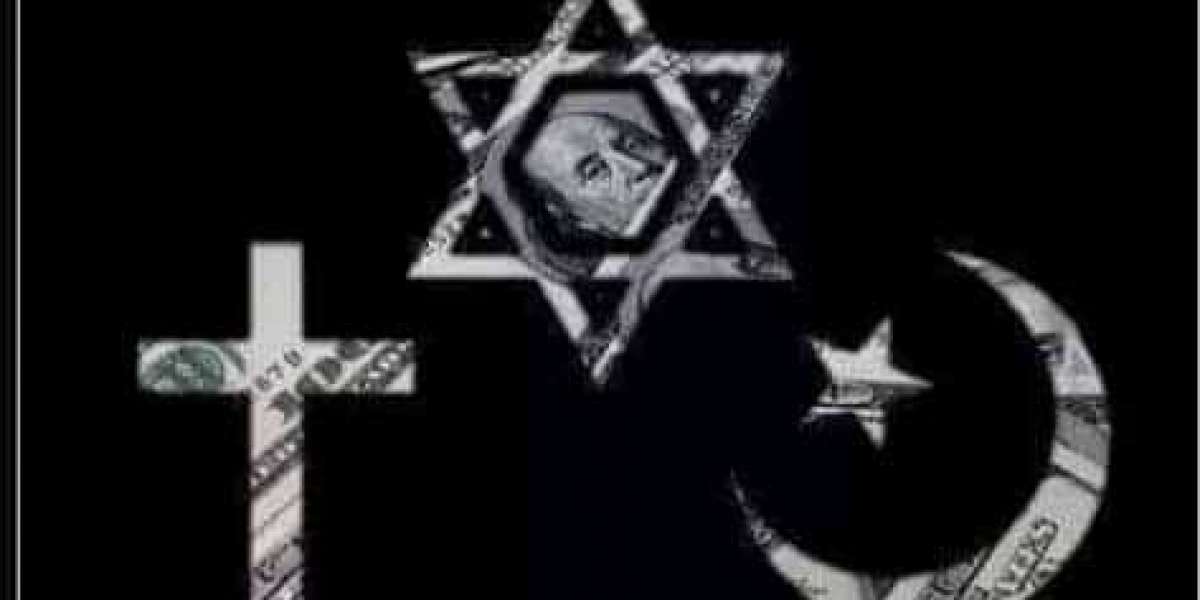With the constant turbulence hitting the world through different angles, break out of strange diseases and pandemic, battles between one religious sect and the other, it sounds justifiable to argue about the stance of God in human affairs and if he(God) was and is still the ultimate authority.
The concept of God has taken different turns through different cultures and traditions with each sect believing to be the direct source to God. But if there are different concepts of God in different religions, does the original idea of God as an all-powerful and all-knowing God still hold in our generation today?
Concept of God in different religions
There are as estimated, 4200 religions in the world with each religion upholding a different version of God that is different from the other.
The majority of the world religions are characterized by Polytheism (the belief in many gods), while religions like Christianity, Judaism, and Islam are built on the belief that there is only one God (Monotheism).
The concept of God keeps hitting variant versions as different religious groups create as many models as they can to fit in the picture of what they believe God to be and how they feel he operates.
Ancient theists built the notion that God is an all-knowing, rigid, and omnipotent supreme being. This concept hit great criticisms as modern Christians postulate that God also has human attributes; Kind, simple, and also dynamic.
This creates two versions of God- The one who sticks to his word and one who can bend his will to suit a class of people.
The different narrations ascribed to God by different religious bodies make it difficult to ascertain who is the true God of the universe? What is God’s ultimate plan for humanity? What is the ultimate reality in religion?
Origin of the idea of God
-Have you ever wondered how did God start?
-Who first came up with the concept of God?
-Where did the idea of God come from?
Sometime in Ancient Egyptian history, under the reign of King Akhenaten, a sun god Aten was created forming the single religion that ruled the world as of that time-Atenism.
The spring-up of many gods after the fall of Aten has made it logical to think that Aten was the original God in existence.
The Hebrews believe that Aten was a corrupt version of their god Yahweh, while ancient Christians justified the destruction of the belief in the sun god by substituting its day of celebration, the 25th day of December with the celebration of the birth of Jesus Christ who is believed to be the son of the true God.
The argument on the concept of God has met so much criticism that amounted to nothing. Irrespective of these different contradictions and difficulty to trace the origin of God, every God/gods in existence seems to follow a defined pattern of either monotheism or polytheism with slight adjustments to their belief pattern.
Christians hold the stance that the concept of God began with stories in the bible, while philosophers believe that there have been gods in existence before the introduction of the Christian God as some inscriptions in hieroglyphics affirmed such.
Concluding the origin of God is dependent on which belief pattern you hold to. Christians who hold to the bible believe that the idea of God started with the old testament with tales of old prophets.
All religions hold diverse propositions about God, stories about the ‘beginning’ and the absolute reality of creation. Hinduism, Buddhism, Islam, Judaism, Christianity, or any other religion you might have identified yourself to, it is okay to stick to what you believe as it will be difficult to build a generally accepted concept about God while eliminating other beliefs.
What is the ultimate concept of God?
The stories about God as pushed by different religions might sound like a kid’s folktale as they are filled with imaginary pictorial representations that we might find it hard to believe that they ever happened.
Ranging from tales of gods living in rocks, mountains, walking on the sea, commanding lightning and thunder, having animals talk, wiping almost all of human creation with a flood, and the possibility of gathering all animal species into one boat.
These concepts as postulated by diverse groups sound so bizarre and strange, but most times the arguments are always buried with the stance that the knowledge of God is always beyond human understanding. However, if God exists beyond the understanding of his followers and worshippers, what is the possibility of building a direct and personal relationship with a God that you cannot understand?
Some religions are built with inhumane stories that shouldn’t be heard of, but worshippers still find it comfortable to preach these narrations as the beginning of the reign of a ‘supreme’ God on earth. Tales like the mass murder of a nation, hunger and drought that motivated killing and eating of twins, down to the tales of sexual affairs that can be tagged paedophilic.
If the ultimate concept of God is laced with imperfections, how sure can we be that his ultimate plan for humanity is for good and not for evil?
If God is perfect, why does he allow imperfections?
The year 2020 saw the world struggling for survival. The emergence of Covid-19 which claimed over one million lives and still counting plunged a lot of believers into doubts and worries. If there was truly a God whose decision is ultimate, final, and backed up with authority, why let his children suffer, go through pains and die?
During this period, Churches, mosques, temples, shrines were all shut down, bringing a total clampdown to the worship of God in public places. This makes it important to ask if God was perfect, why create evil? Or are evil doings part of a string of actions that are beyond his control?
A lot of persons have reached different conclusions on this matter and why it seems like imperfection has come to stay with humanity even with the presence of an ultimate God on earth.
I think the supremacy of God still abounds, cutting through all religious sects as they believe, but our actions as humans greatly determine the state of the world today.
The more every individual sees the world as our responsibility, a call for us to guard it with all diligence, the less evil will be found amongst us.









